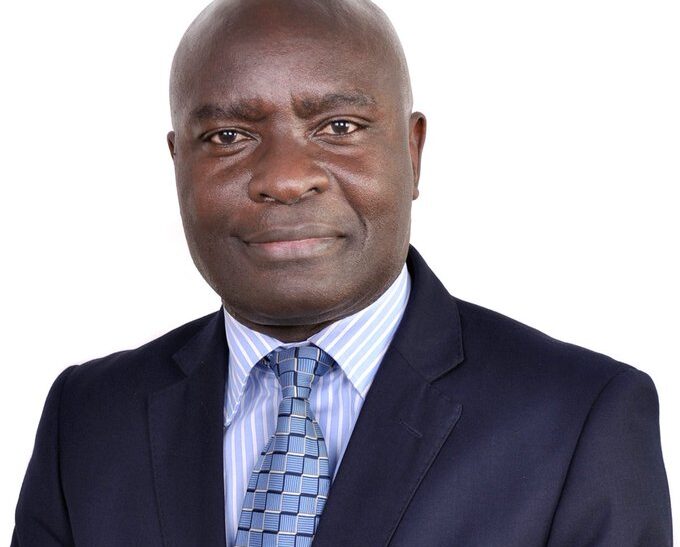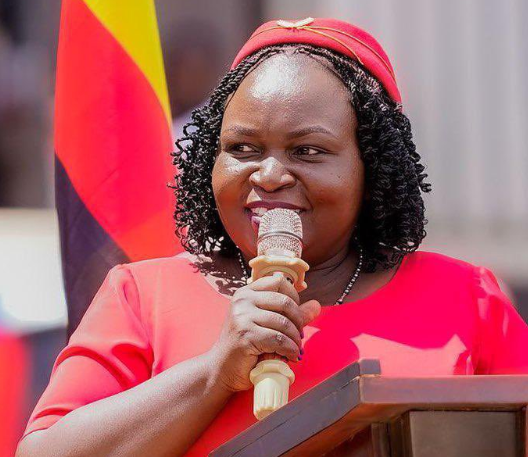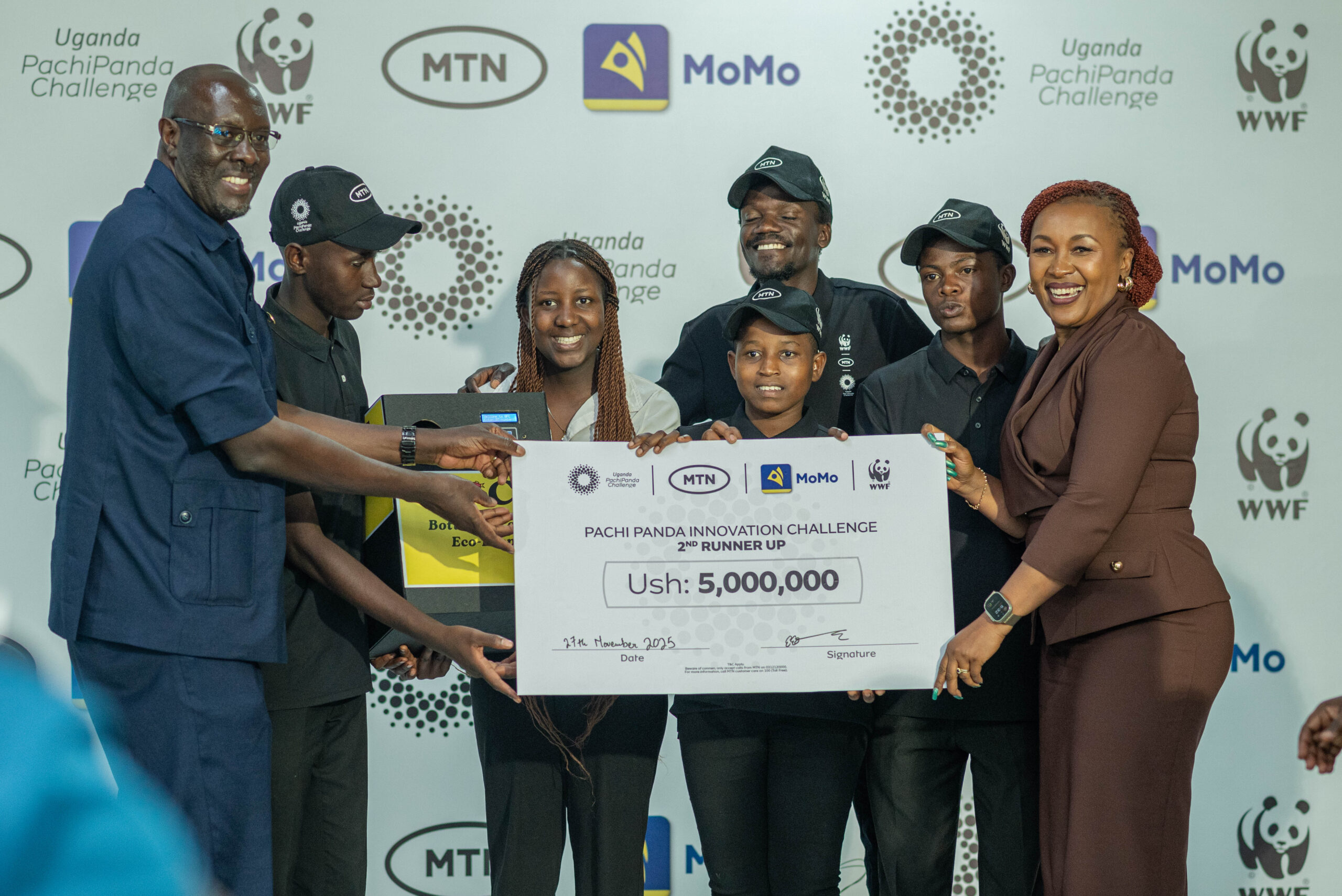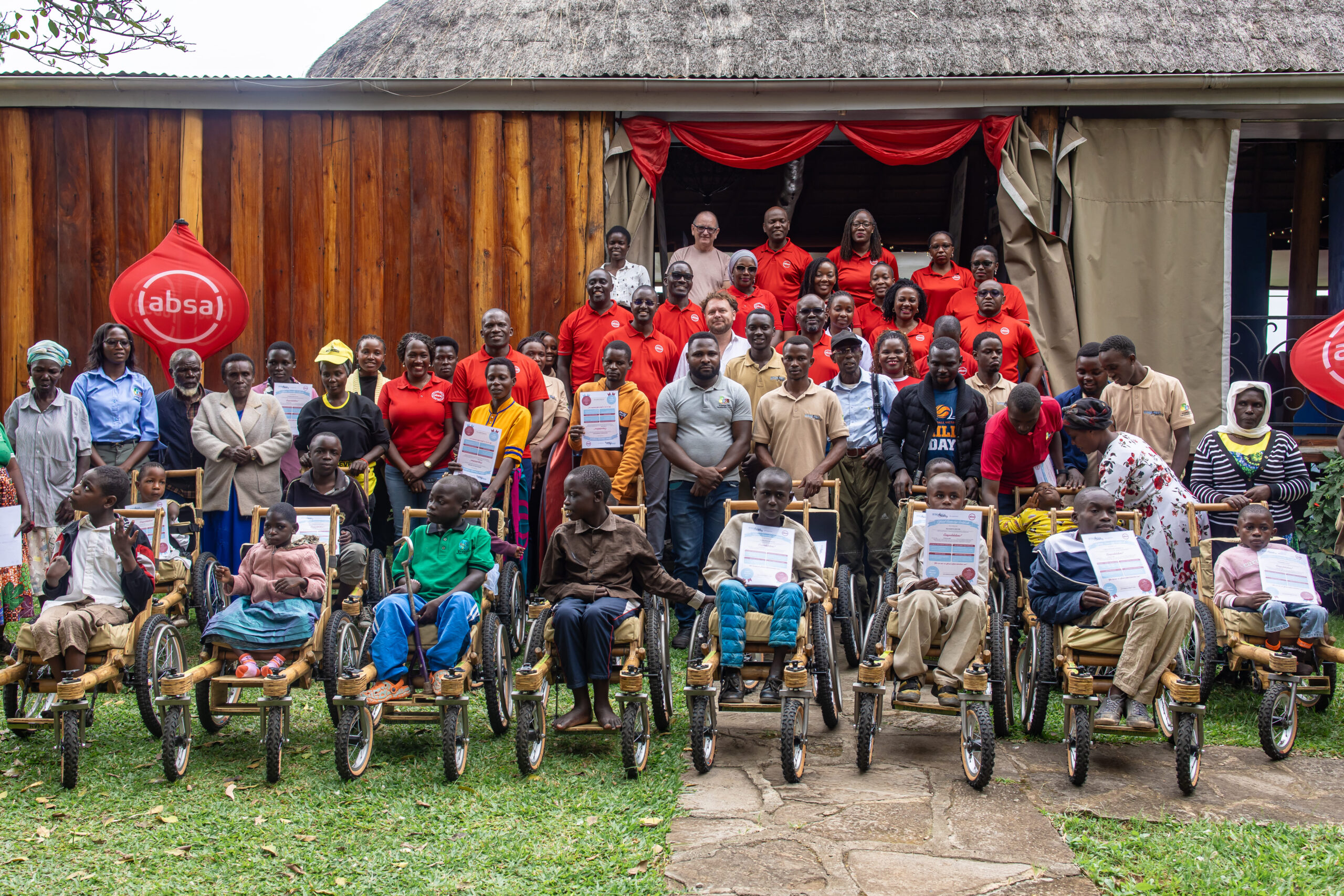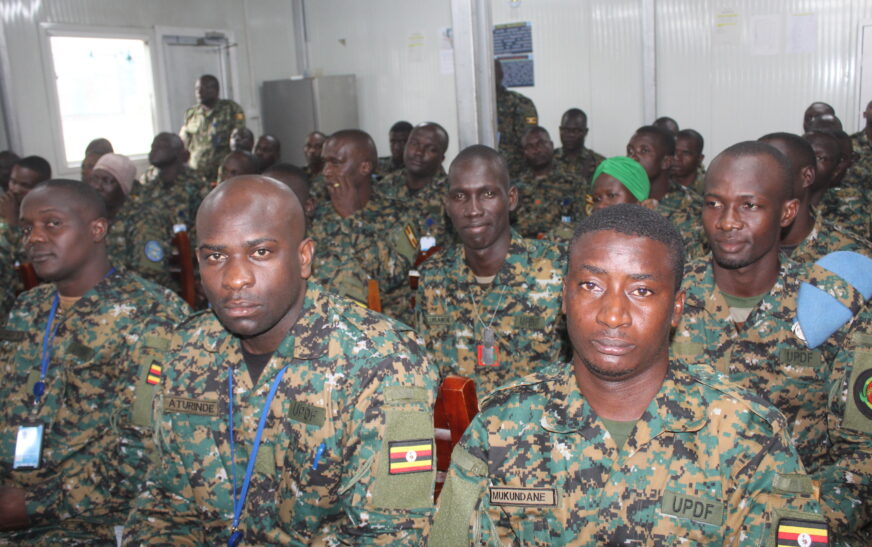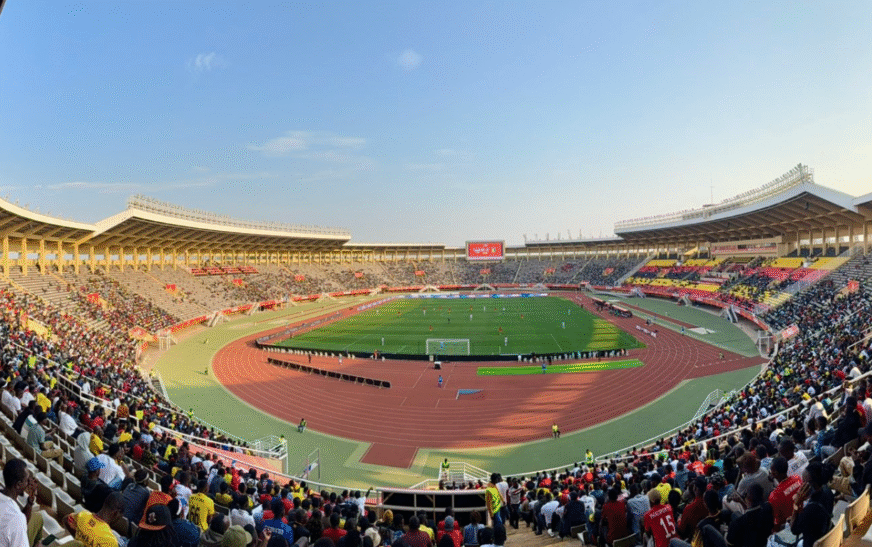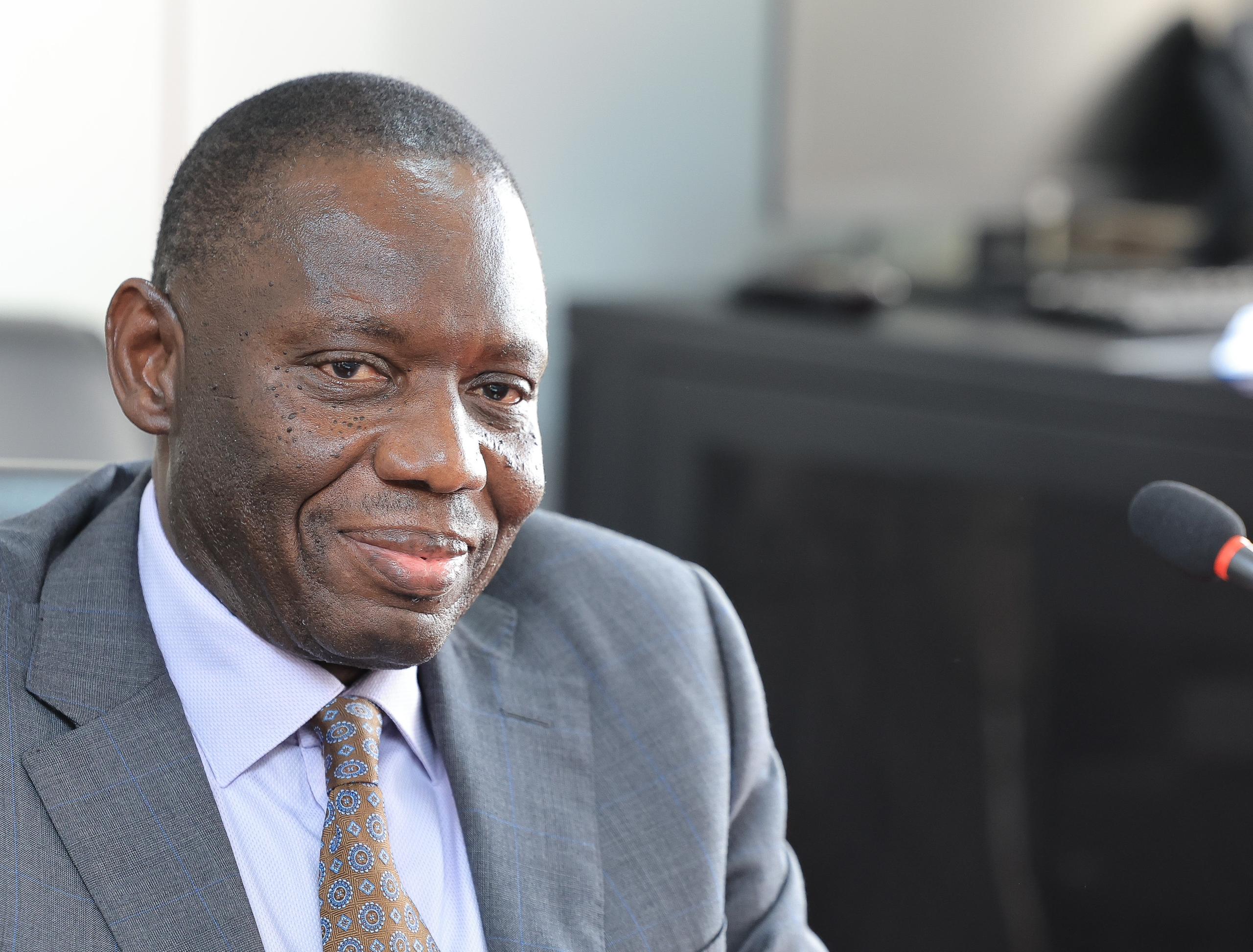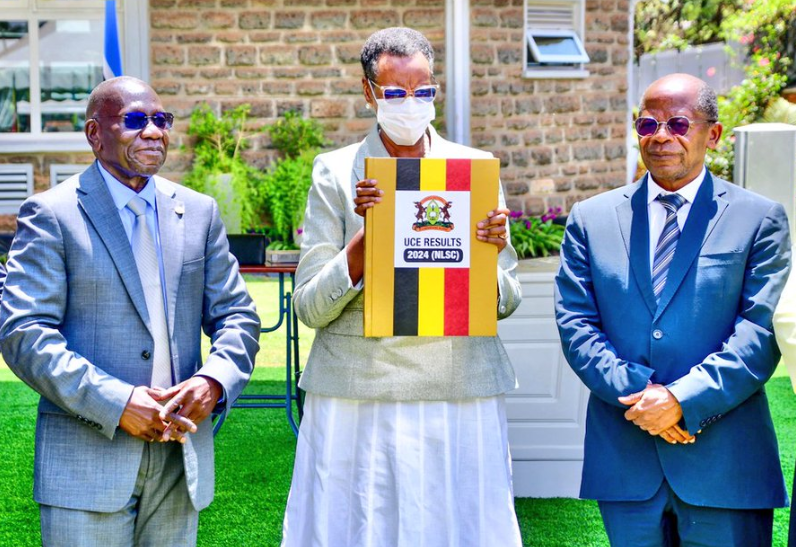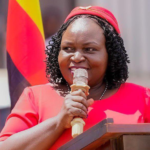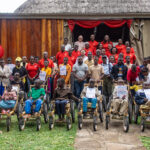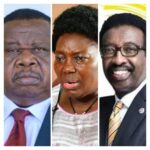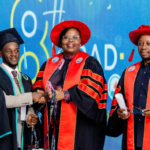In a move aimed at streamlining the nomination process ahead of the 2025/2026 General Elections, the Electoral Commission (EC) has announced a revised schedule for both parliamentary and local government nominations.
The changes, outlined in a press statement by EC Chairperson Justice Simon Byabakama, reflect efforts to ensure clarity, organization, and accessibility across all levels of government.
The EC has opted for a segmented approach to local government nominations, disaggregating the timeline by administrative level. The new structure replaces the previous unified nomination period and is designed to ease congestion at nomination centers and improve service delivery.
District/City Level: Candidates for positions such as District Chairperson, Lord Mayor, and Councillors will submit nominations from September 3 to 5, 2025, at their respective District or City Returning Officer’s office.
Municipality/City Division: Nominations will follow from September 8 to 10, 2025 at the same level of administrative offices.
Sub-County, Town, and Municipal Divisions: This tier will run from September 11 to 24, 2025 (excluding weekends) at County Headquarters.
Nomination forms for these positions will be available starting August 11, 2025, either from EC offices or online for specific positions. District Chairperson forms, for example, will be downloadable from the EC website, a move aimed at promoting digital access and reducing foot traffic.
In addition to the local government changes, the Commission has adjusted the nomination dates for parliamentary candidates to October 15 and 16, 2025. Nomination forms and guidelines will also be available online from August 11.
For the Presidency, the EC has maintained an in-person collection policy. Aspiring presidential candidates must pick up nomination and supporter forms between August 11 and September 24, 2025, exclusively at the EC Headquarters in Kampala. The Commission cites identification, documentation, and coordination with national authorities as key reasons for this requirement.
Independent candidates must prove voter registration, while those affiliated with political parties must secure formal clearance from their party leadership.
The Commission also acknowledged the role of stakeholders and special interest groups in shaping the electoral process, emphasizing continued collaboration.
As Uganda approaches another crucial election cycle, the EC’s recalibrated roadmap signals not just a logistical shift, but a call for early preparedness among aspirants, voters, and political organizations alike.

